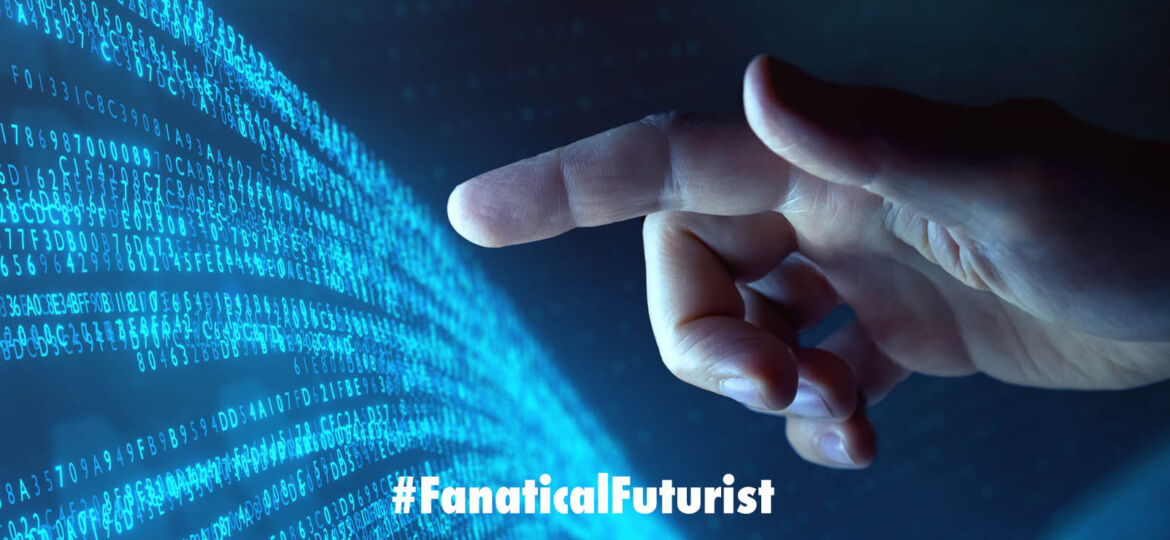
WHY THIS MATTERS IN BRIEF
This statement shows the breadth of AI’s capabilities and the faith that executives increasingly have in those capabilities to move the top and bottom lines.
 Love the Exponential Future? Join our XPotential Community, future proof yourself with courses from XPotential University, read about exponential tech and trends, connect, watch a keynote, or browse my blog.
Love the Exponential Future? Join our XPotential Community, future proof yourself with courses from XPotential University, read about exponential tech and trends, connect, watch a keynote, or browse my blog.
JPMorgan CEO Jamie Dimon says Artificial Intelligence (AI) could be applied to “every single process” of his firm’s operations and may replace humans in certain roles.
In an Oct. 2 interview with Bloomberg, Dimon said he expects to see “all different types of models” and tools and technology for AI in the future. “It’s a living, breathing thing,” he said, adding: “But the way to think about for us is every single process, so errors, trading, hedging, research, every app, every database, you can be applying AI.”
“So it might be as a co-pilot, it might be to replace humans … AI is doing all the equity hedging for us for the most part. It’s idea generation, it’s large language models,” he said, adding more generally, it could also impact customer service.
“We already have thousands of people doing it,” said the JPMorgan CEO about AI research, including some of the “top scientists around the world.”
Asked whether he expects AI will replace some jobs, Dimon said “of course,” but stressed that technology has always done so.
“People need to take a deep breath. Technology has always replaced jobs,” he explained.
“Your children will live to 100 and not have cancer because of technology and literally they’ll probably be working three days a week. So, technology’s done unbelievable things for mankind.”
However, Dimon acknowledged there are also negatives to emerging technologies.
When it comes to AI, Dimon says he’s particularly concerned about “AI being used by bad people to do bad things” — particularly in cyberspace — but is hopeful that legal guardrails will curtail such conduct over time.
Dimon concluded that AI will add “huge value” to the workforce, and if the firm replaces its employees with AI, he hopes they will be able to redeploy displaced workers in more suitable work environments elsewhere in the company.
“We expect to be able to get them a job somewhere local in a different branch or a different function, if we can do that, and we’ll be doing that with any dislocation that takes place as a result of AI.”
















